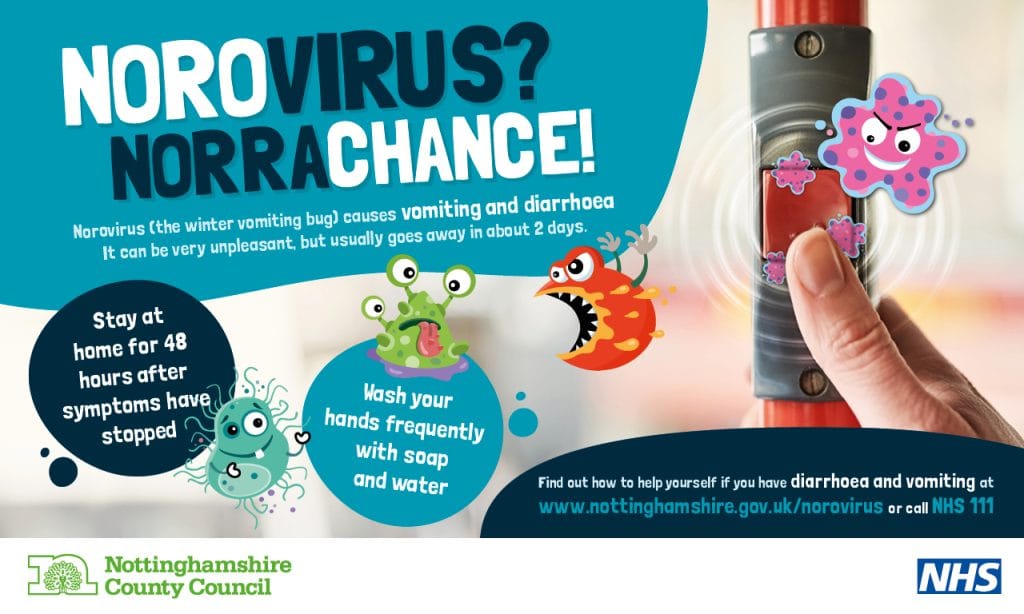In recent months, the United States has witnessed a troubling spike in measles cases, with more than 800 confirmed infections reported across multiple states. This resurgence of measles, which had been largely eliminated in the U.S. following widespread vaccination, raises serious concerns about public health and the critical importance of maintaining high vaccination rates in communities.
Measles is a highly contagious viral disease that can lead to severe complications, including pneumonia, encephalitis, and even death, particularly in young children and those with weakened immune systems. The Centers for Disease Control and Prevention (CDC) defines measles as one of the most contagious viruses known, with a transmission rate that exceeds 90% among unvaccinated individuals who are exposed. The current outbreak underscores the necessity of comprehensive vaccination programs to protect vulnerable populations.
The recent outbreaks span across several states, including California, Michigan, and New York, with health officials noting that many of the cases are linked to unvaccinated individuals. Misconceptions surrounding vaccine safety, fueled by misinformation in various media, have contributed significantly to the decline in vaccination rates in some communities. The measles, mumps, and rubella (MMR) vaccine has been proven to be safe and effective, yet vaccine hesitancy remains a crucial challenge for public health authorities.
As the country grapples with these outbreaks, health officials are urging parents to ensure that their children are fully vaccinated on schedule. The MMR vaccine is typically administered in two doses, with the first given between 12 and 15 months of age and the second between 4 and 6 years. Vaccination not only protects individuals but also helps build herd immunity, which is essential to prevent the further spread of contagious diseases.
Local health departments are actively ramping up efforts to educate the public about the importance of vaccinations. Community outreach programs aim to dispel myths surrounding vaccine safety and effectiveness, emphasizing that the benefits of immunization far outweigh the risks. Additionally, schools and childcare facilities are encouraged to maintain accurate vaccination records to identify and address gaps in immunization coverage.
In response to the growing number of cases, some states are considering potential policy changes to enhance vaccination requirements, especially for school-aged children. Public discussions are underway regarding the enforcement of stricter immunization laws, with some advocating for measures that would limit exemptions based on personal or philosophical beliefs. Proponents of such laws argue that protecting public health should take precedence over individual beliefs when the welfare of children is at stake.
The importance of vaccination extends beyond just individual protection. Measles is not only a personal health issue but also a community health issue. When vaccination rates drop, communities become vulnerable to outbreaks that can have far-reaching consequences. The CDC recommends that vaccination coverage rates should ideally be at least 95% to achieve herd immunity. Currently, however, many areas are falling short of this target, putting residents at risk for infections not only from measles but from other vaccine-preventable diseases as well.
Moreover, public health professionals are warning that the ongoing COVID-19 pandemic has further complicated vaccination efforts. Disruption of routine healthcare services during the pandemic has led to an increase in missed vaccinations across the country. Many parents postponed or neglected routine immunizations for their children during COVID-19 restrictions, which could have contributed to the current measles resurgence. Health officials stress the importance of catching up on missed vaccinations to mitigate this risk and prevent future outbreaks.
As the nation faces these challenges, vaccination remains one of the most effective ways to curtail the spread of measles and protect public health. Health authorities urge all eligible individuals, especially children, to receive their vaccinations on schedule. This proactive approach can significantly reduce the risk of measles outbreaks and the associated health complications.
In conclusion, the United States is currently experiencing a significant measles outbreak, with over 800 confirmed cases reported in various states. This situation highlights the pressing need for increased public awareness about the safety and efficacy of vaccines and emphasizes the importance of maintaining high vaccination rates. Public health officials are committed to addressing vaccine hesitancy and ensuring that all children receive recommended vaccinations. Health education, community engagement, and potential legislative actions are all pivotal in safeguarding against this highly contagious and preventable disease. The fight against measles is ongoing, and collective efforts are essential to protect future generations from this serious threat.
As the situation develops, it will remain crucial for communities to stay informed, support vaccination initiatives, and advocate for public health policies that protect all citizens. Failure to act decisively in this regard may put many vulnerable individuals at risk and lead to further outbreaks, making vigilant vaccination efforts paramount for the health of the nation.


